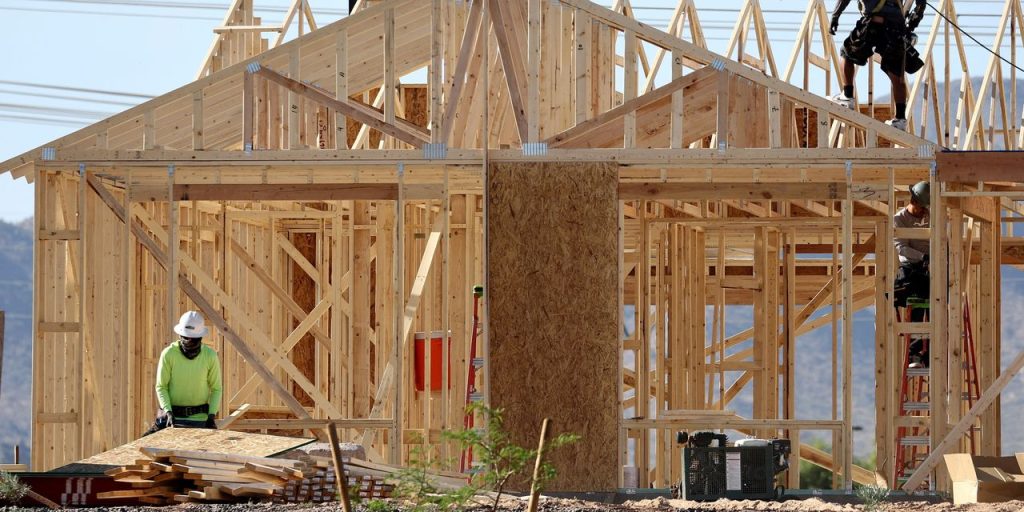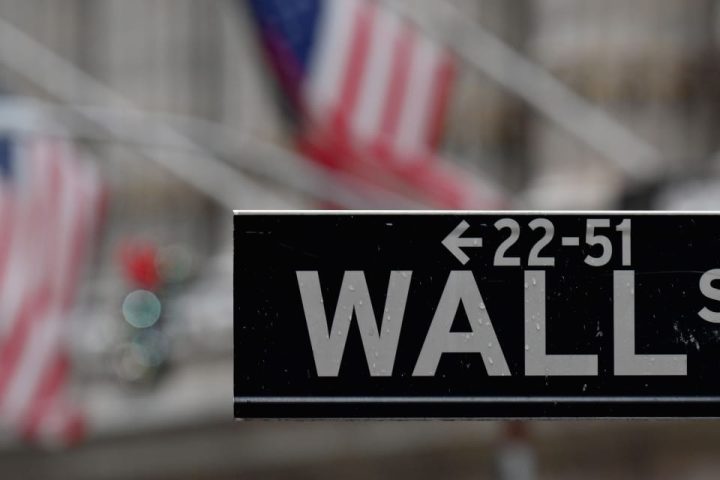Reserve Bank of Australia’s (RBA) assistant governor, Brad Jones, recently warned industry leaders about the potential threats posed by artificial intelligence (AI), climate change, cyber attacks, and rapid bank runs in the digital age. Speaking at an Australian Finance Industry Association event, he emphasized the importance of resilience within the industry to face these emerging challenges.
Jones highlighted the role of social media in amplifying bank run risks due to the rapid spread of information and misinformation. He cited the collapse of Silicon Valley Bank as an example of how digital technologies can escalate these risks. The assistant governor also expressed concern over structurally higher interest rate volatility, which could cause stress for banks and borrowers.
On a global scale, Jones identified geopolitical tensions as destabilizing factors for Australia’s financial system. He warned that sanctions could impact payment systems and financial market infrastructures, leading to the freezing or seizing of cross-border assets.
In terms of environmental risks, Jones underscored that climate change could trigger extreme weather conditions and higher average temperatures. This could result in a reduction in asset value and disruption of income streams across parts of the economy. Furthermore, he raised the possibility that these threats could lead to prohibitively costly or uninsurable global shipping routes.
These warnings come amidst rising inflation rates, posing additional challenges for Australia’s financial stability. Jones stressed that industry leaders have a crucial role to play in managing these threats during a decade marked by new risks.
This article was generated with the support of AI and reviewed by an editor. For more information see our T&C.
Read the full article here







